Ethics: A Guiding Compass For Moral Decision-Making
In a world of complexities and uncertainty, our moral compass guides our decisions towards virtuous paths. It’s a guiding light that illuminates our choices and helps us navigate the ethical dilemmas that arise throughout our lives.
We are often confronted with conflicting values, societal pressures, and personal desires, leading to complex moral dilemmas. The absence of clear-cut answers can leave us bewildered and uncertain about the right course of action.
Ethics: A Guiding Compass For Moral Decision-Making aims to equip individuals with the necessary tools to approach moral dilemmas systematically and make well-informed ethical choices.
Ethics: A Guiding Compass For Moral Decision-Making

흰색 배경 3D 그림에서 파란색 사교 스톡 일러스트 1252568833 | Shutterstock – Source www.shutterstock.com
Ethics: A Guiding Compass For Moral Decision-Making provides a framework for ethical decision-making that empowers individuals to analyze situations, identify ethical implications, and consider multiple perspectives. It emphasizes the importance of ethical principles such as autonomy, beneficence, non-maleficence, and justice, guiding our actions towards morally justifiable outcomes.
Personal Experience with Ethics: A Guiding Compass For Moral Decision-Making
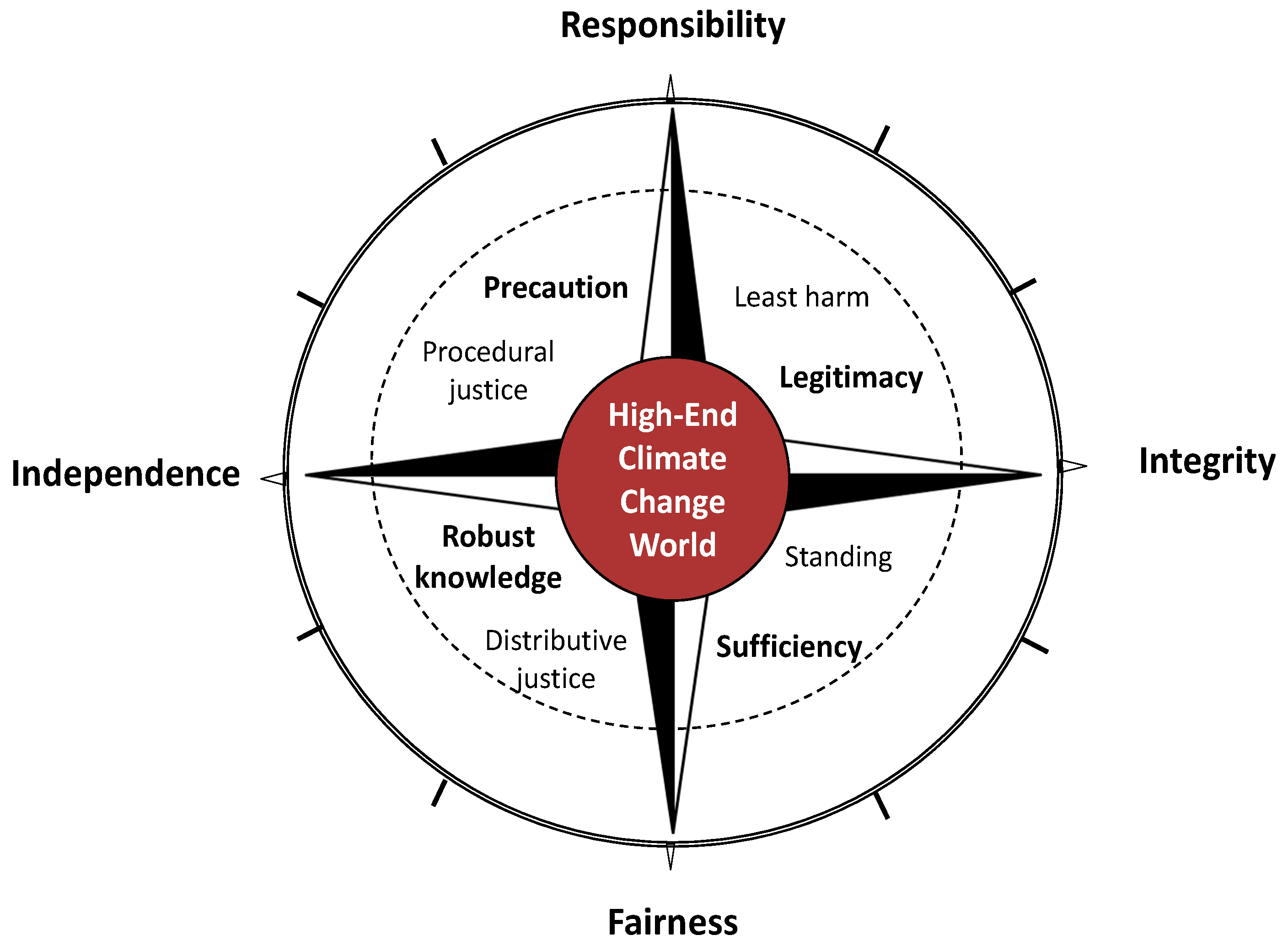
Sustainability | Free Full-Text | Towards a Moral Compass to Guide – Source www.mdpi.com
Let me share a personal experience that highlights the role of Ethics: A Guiding Compass For Moral Decision-Making in everyday life. I was faced with a dilemma at work when I discovered a discrepancy in a financial report. The temptation to overlook it in the interest of expediency crossed my mind. However, I knew that doing so would violate ethical principles of honesty and integrity.
Drawing upon the principles of Ethics: A Guiding Compass For Moral Decision-Making, I realized that my responsibility extended beyond personal consequences. I reported the discrepancy, upholding transparency and accountability. While it led to some initial discomfort, I found solace in knowing that I had acted ethically, preserving the integrity of my character and the organization.
History and Myths of Ethics: A Guiding Compass For Moral Decision-Making
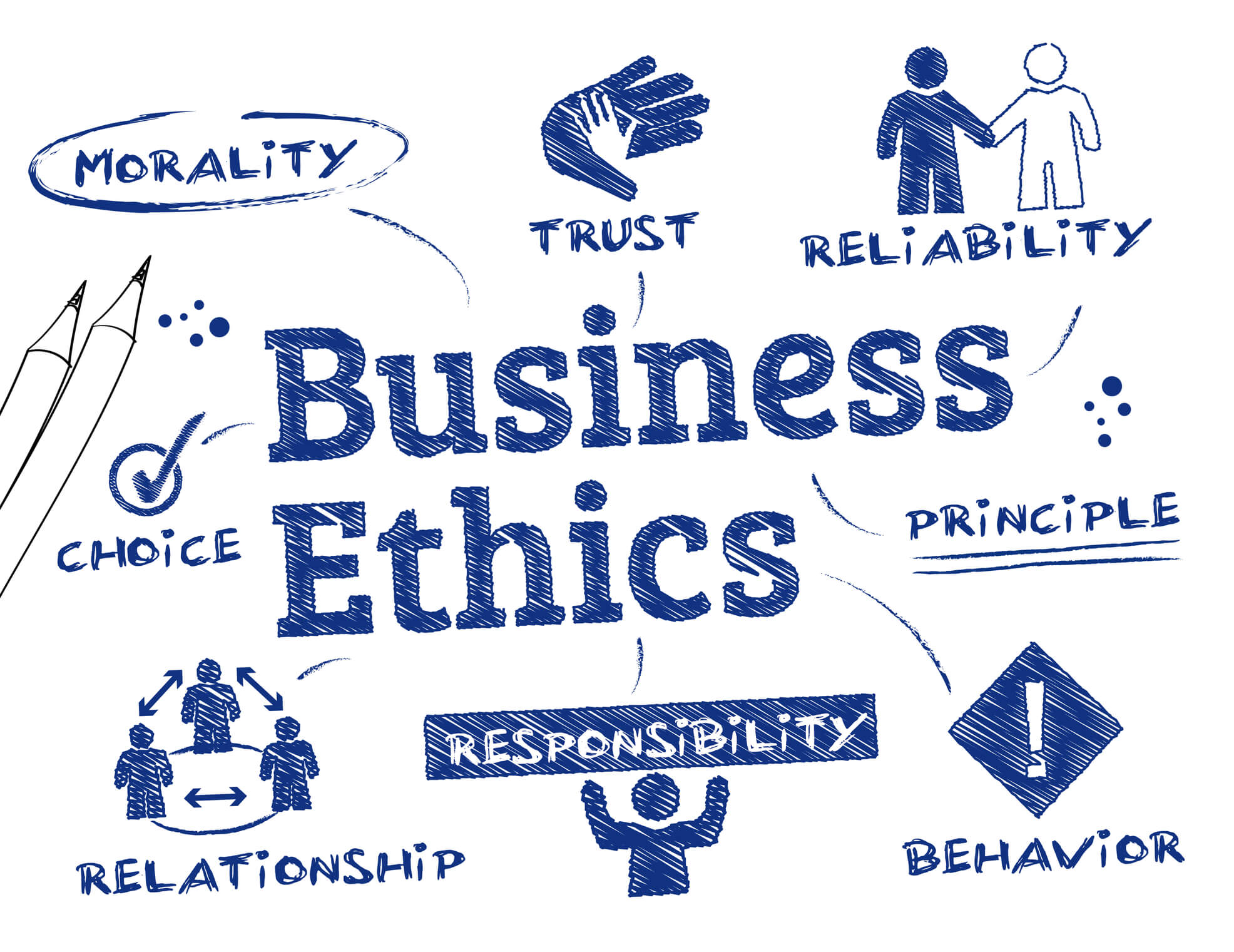
The Advantages of Ethical Behaviour in Business – Source www.thehumancapitalhub.com
The history of Ethics: A Guiding Compass For Moral Decision-Making is deeply rooted in ancient philosophies and religious traditions. From the ethical teachings of Socrates and Aristotle to the Judeo-Christian principles of love and compassion, the concept of ethical behavior has evolved over centuries.
Throughout history, myths and legends have woven themselves into the fabric of ethics. The story of Pandora’s Box serves as a cautionary tale about the consequences of curiosity and the importance of ethical boundaries. The myth of Sisyphus highlights the struggle of human existence and the need for perseverance in the face of ethical dilemmas.
Hidden Secrets of Ethics: A Guiding Compass For Moral Decision-Making

Finding Your Moral Compass | Book by Craig Nakken | Official Publisher – Source www.simonandschuster.ca
Ethics: A Guiding Compass For Moral Decision-Making holds many hidden secrets that can empower our moral decision-making. One such secret lies in the power of self-reflection. By taking the time to introspect on our values, motivations, and biases, we can gain a deeper understanding of our own ethical compass.
Another hidden secret is the role of ethical imagination. By envisioning the potential consequences of our actions, both intended and unintended, we develop a broader perspective that allows us to make more informed ethical choices.
Recommendations of Ethics: A Guiding Compass For Moral Decision-Making
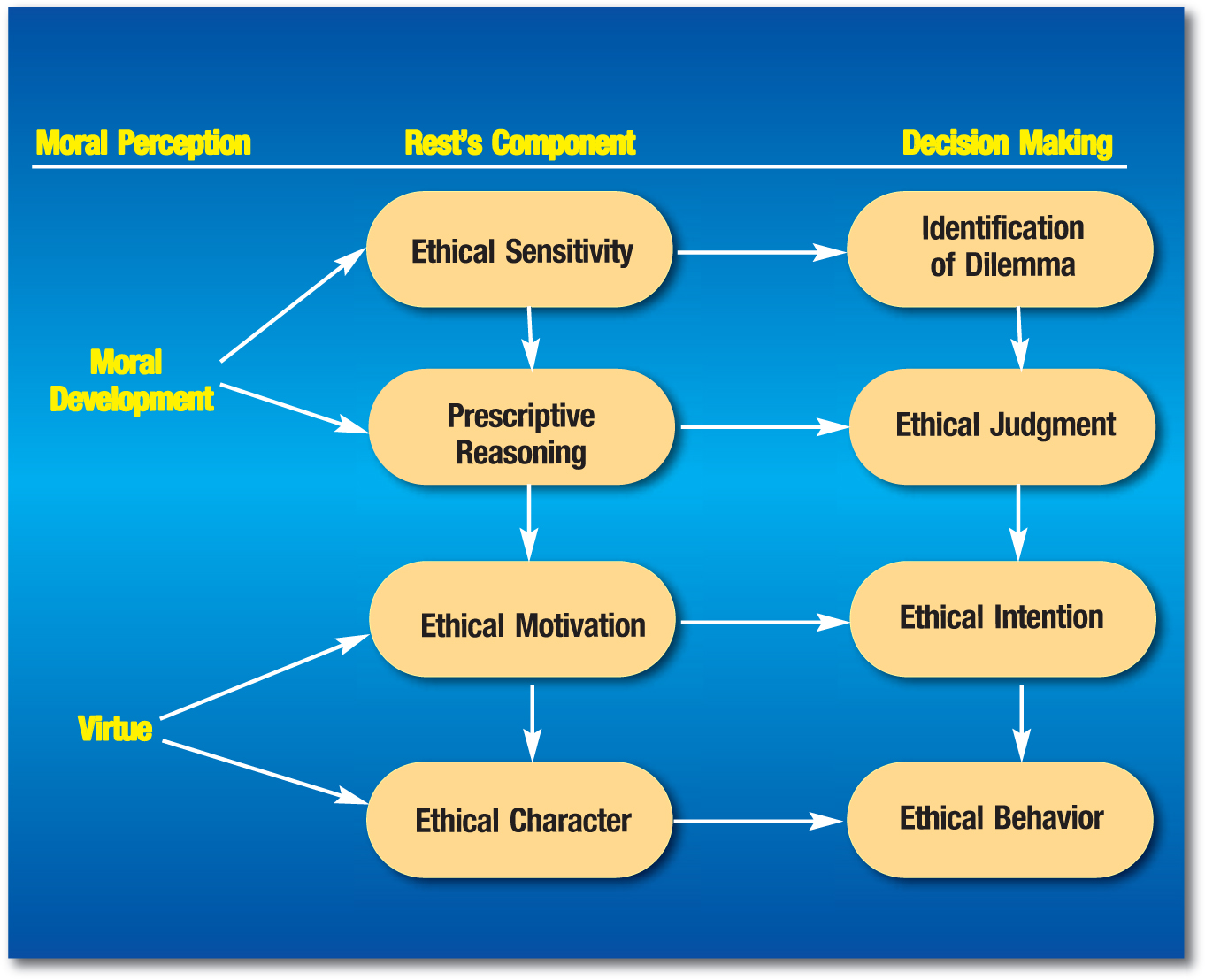
Ethical Decision Making And Behavior | southasianmonitor.net – Source southasianmonitor.net
If you seek to enhance your ethical decision-making skills, consider these recommendations:
- Engage in ethical discussions: Discuss ethical dilemmas with friends, colleagues, or mentors to gain diverse perspectives and challenge your own assumptions.
- Read literature on ethics: Explore books, articles, and online resources to deepen your understanding of ethical principles and case studies.
- Attend workshops or courses: Participate in educational programs designed to strengthen your ethical reasoning and decision-making abilities.
Ethics: A Guiding Compass For Moral Decision-Making in Practice
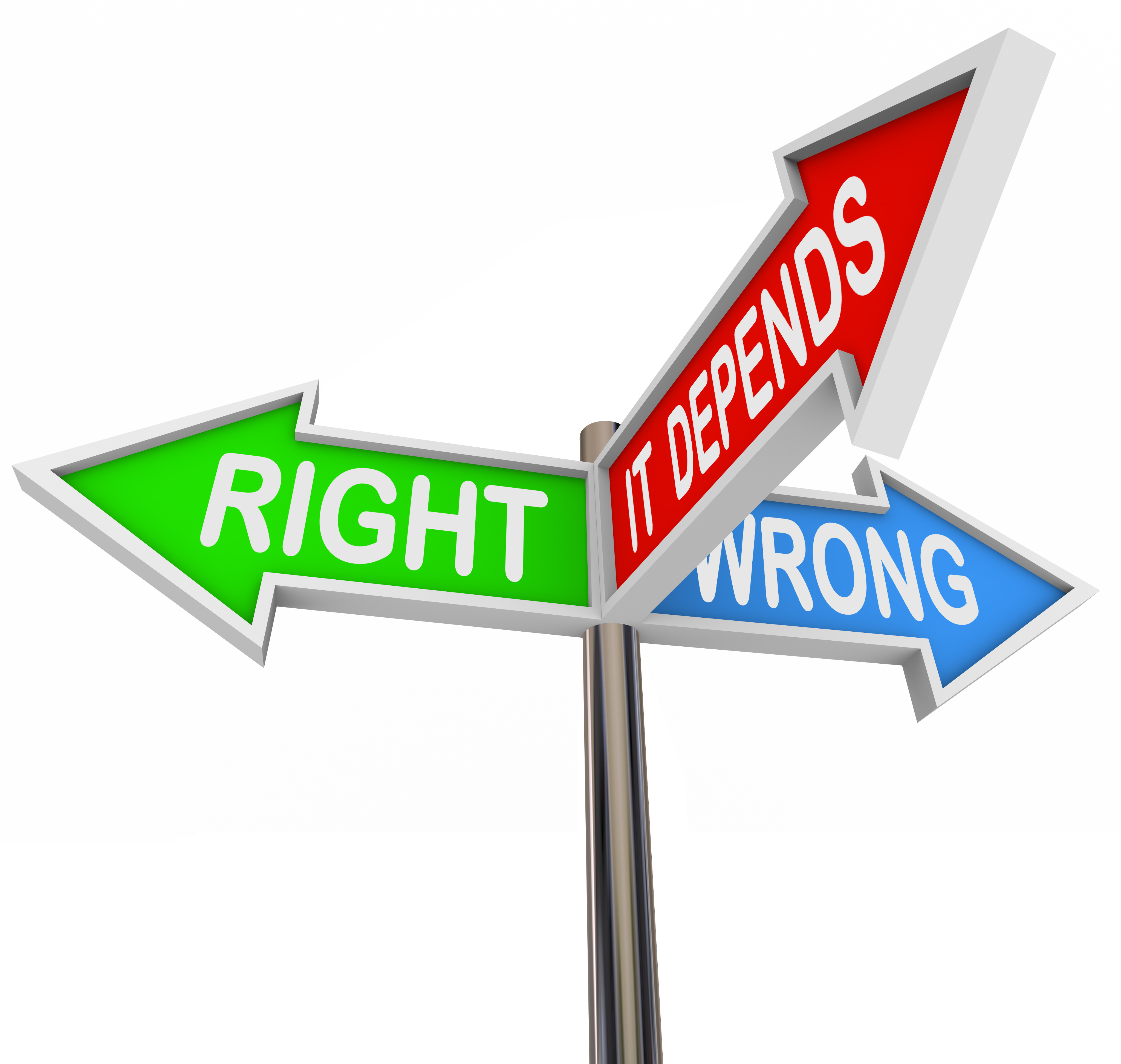
ethical clip art – Clip Art Library – Source clipart-library.com
In practice, Ethics: A Guiding Compass For Moral Decision-Making involves a step-by-step process:
- Identify the ethical dilemma: Clearly define the ethical issue at hand.
- Gather relevant information: Collect all necessary facts and perspectives related to the dilemma.
- Analyze ethical principles: Consider the ethical principles applicable to the situation, such as autonomy, beneficence, non-maleficence, and justice.
- Identify potential courses of action: Explore various options that could address the ethical dilemma.
- Evaluate consequences: Assess the potential outcomes and ethical implications of each course of action.
- Make a decision: Choose the course of action that best aligns with ethical principles and values.
- Reflect on the decision: After implementing the decision, take time to reflect on the ethical implications and lessons learned.
Tips for Ethics: A Guiding Compass For Moral Decision-Making

Führungskompass: jetzt erst recht – Bildungsblog – Source www.bildungsblog.ch
Here are a few tips to enhance your ethical decision-making:
- Be aware of your biases: Recognize the influence of personal biases and seek to minimize their impact on your decision-making.
- Consider the long-term consequences: Don’t limit your ethical analysis to immediate outcomes; consider the potential long-term implications of your choices.
- Seek diverse perspectives: Consult with others who have different backgrounds and experiences to gain a broader understanding of ethical issues.
Ethics: A Guiding Compass For Moral Decision-Making in Everyday Life
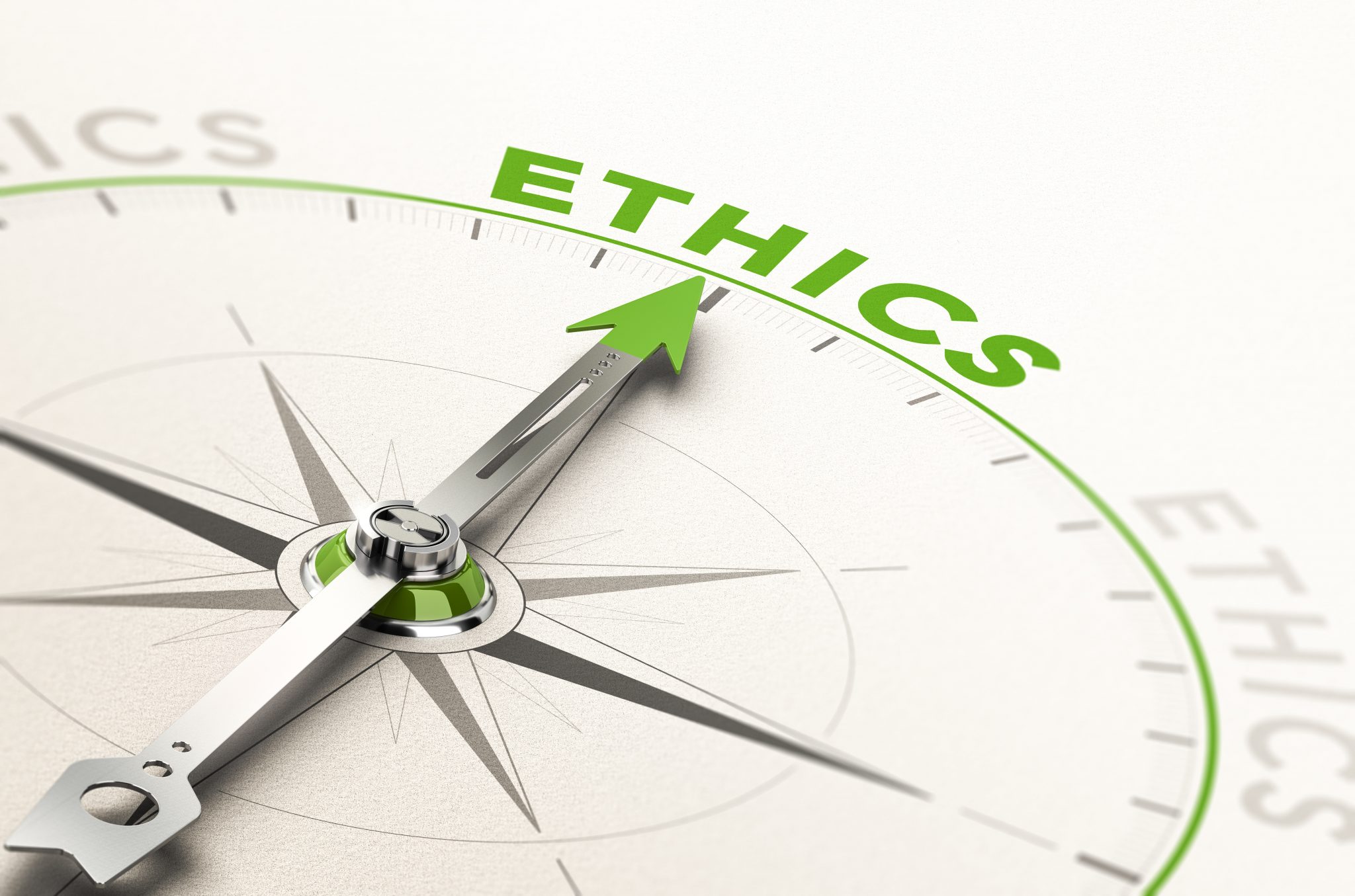
ETHICAL PRACTICES POLICY – Stoney Health Services – Source portal.stoneyhealth.com
Ethics: A Guiding Compass For Moral Decision-Making finds its application in all aspects of our lives. From personal relationships to professional interactions, our ethical choices shape our character and the world around us.
In the workplace, ethical decision-making guides us towards fair and just practices, promoting integrity and accountability. In our personal lives, it helps us navigate interpersonal conflicts, build meaningful relationships, and make choices that align with our values.
Fun Facts of Ethics: A Guiding Compass For Moral Decision-Making

Making ethical decisions in difficult times | Stanford Graduate School – Source ed.stanford.edu
Here are a few fun facts about Ethics: A Guiding Compass For Moral Decision-Making:
- The word “ethics” comes from the Greek word “ethos,” meaning “character.”
- Ethical dilemmas have been a subject of philosophical inquiry for centuries, dating back to ancient Greece.
- There is no single, universally accepted ethical theory; different cultures and individuals have varying ethical perspectives.
How to Master Ethics: A Guiding Compass For Moral Decision-Making
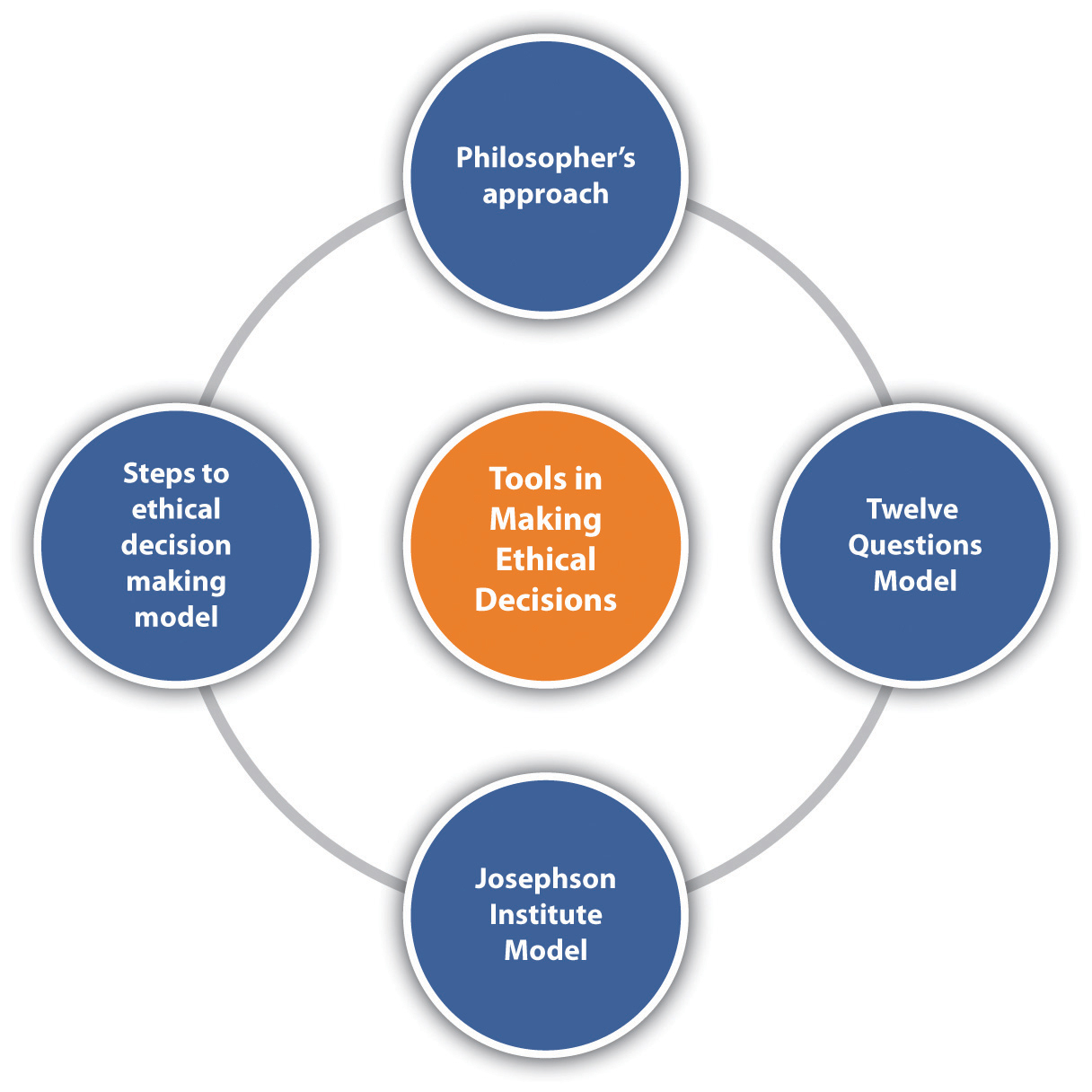
Making Ethical Decisions – Source saylordotorg.github.io
Mastering Ethics: A Guiding Compass For Moral Decision-Making requires ongoing reflection, practice, and a commitment to ethical principles:
- Practice ethical reasoning: Consistently engage in ethical analysis and decision-making to strengthen your ethical reasoning skills.
- Seek ethical guidance: Consult with mentors, ethicists, or trusted individuals who can provide ethical guidance and support.
- Be open to learning: Continuously expand your knowledge of ethical principles, theories, and case studies to enhance your ethical expertise.
What if Ethics: A Guiding Compass For Moral Decision-Making is Ignored?
Ignoring Ethics: A Guiding Compass For Moral Decision-Making can lead to significant consequences:
- Moral decay: Without ethical guidelines, individuals and societies may engage in unethical behaviors that undermine moral values.
- Social injustice: Ignoring ethics can lead to unfair and unjust practices that harm individuals and communities.
- Loss of trust: When people perceive that ethical principles are not upheld, they may lose trust in institutions and individuals, eroding social cohesion.
Listicle of Ethics: A Guiding Compass For Moral Decision-Making
- Empathy: Understanding and sharing the feelings of others is vital for making ethical decisions.
- Integrity: Acting in accordance with ethical principles, even when it is challenging.
- Responsibility: Recognizing and fulfilling our duties to others and the environment.
- Respect for autonomy: Honoring the right of individuals to make their own choices.
- Justice: Striving for fairness and impartiality in our actions and decisions.
Questions and Answers about Ethics: A Guiding Compass For Moral Decision-Making
- What is the purpose of Ethics: A Guiding Compass For Moral Decision-Making?
To provide a framework for ethical analysis, decision-making, and personal growth. - How can I apply Ethics: A Guiding Compass For Moral Decision-Making in everyday life?
By considering ethical principles, seeking diverse perspectives, and reflecting on the consequences of our actions. - What are some challenges in practicing Ethics: A Guiding Compass For Moral Decision-Making?
Over




